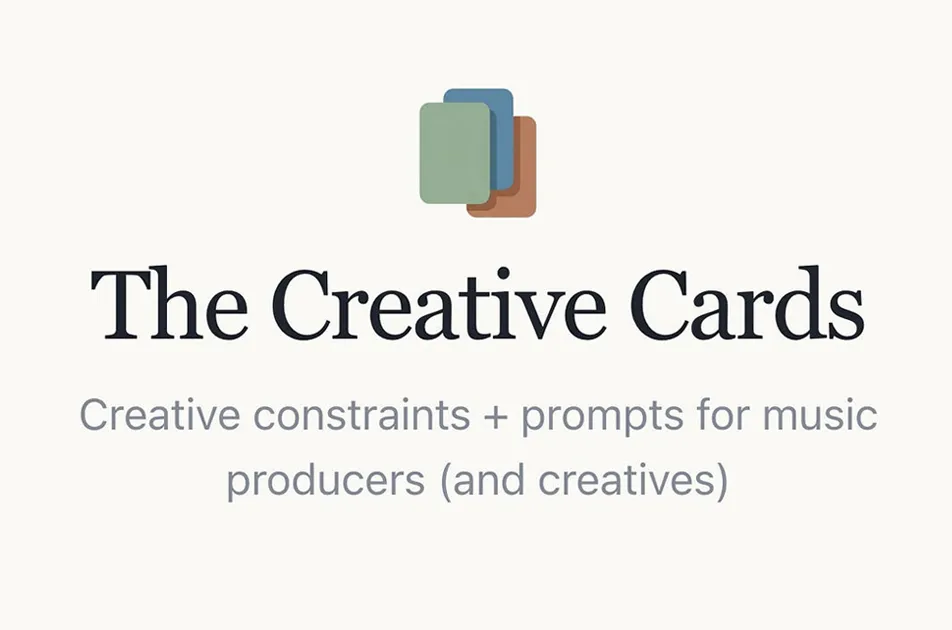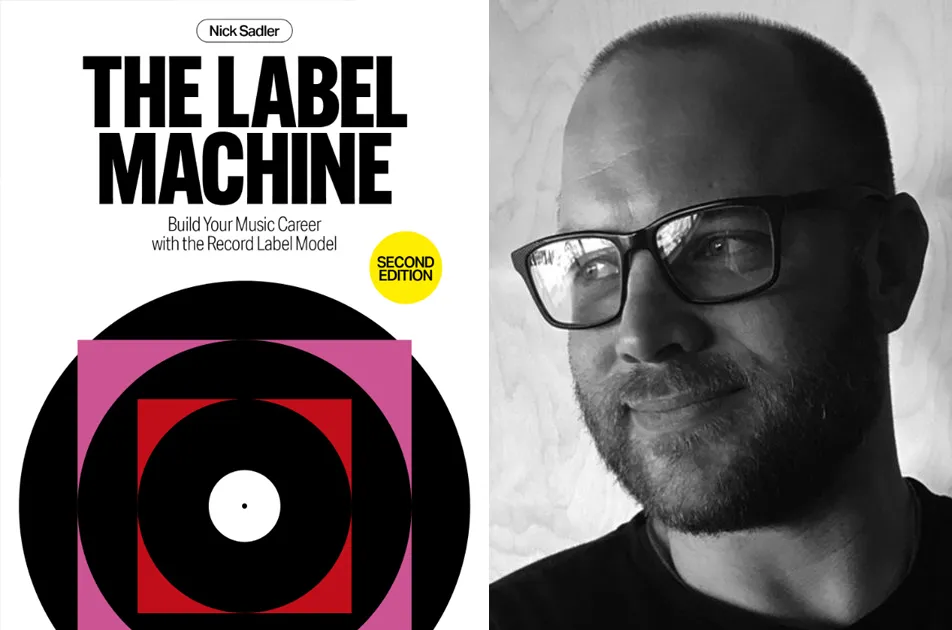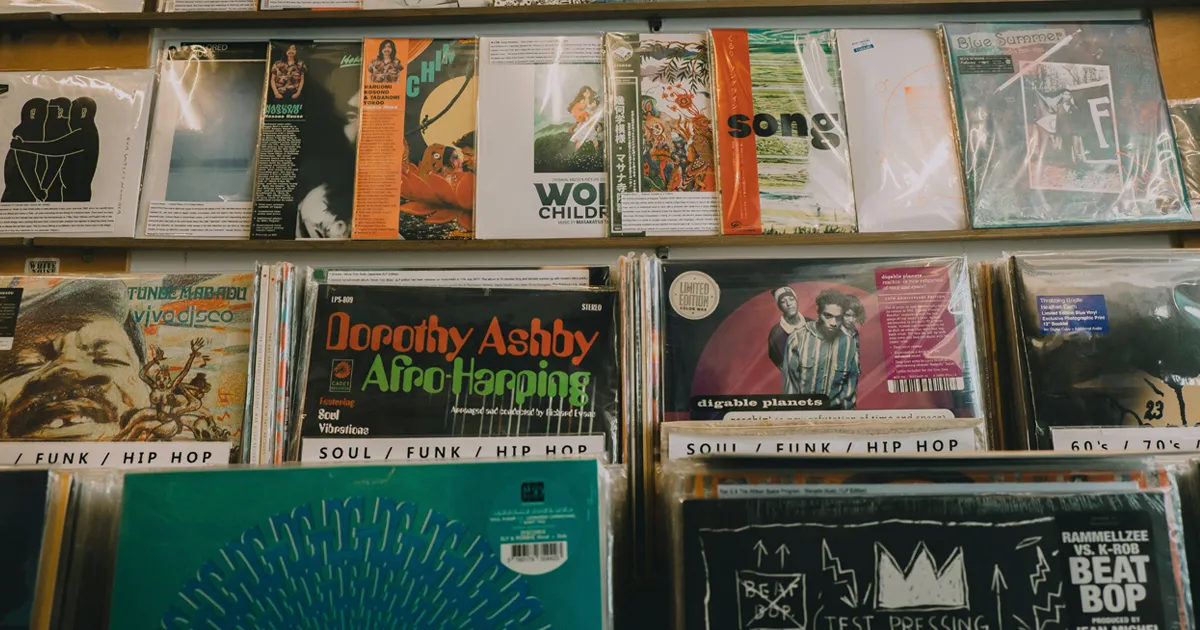__________________________
Guest post by Mike Masnick of TechdirtLast year, a very strange thing happened in the copyright space: a pretty major update to copyright law was passed and it wasn't that controversial. Leading up to that passage there had been plenty of concerns, but a compromise was worked out last fall that was… actually pretty good for everyone involved. It wasn't how any sane society would craft copyright law from scratch, but the key aspects of the Music Modernization Act were to attempt to fix a lot of other really broken stuff. At the time we focused on the fact that it would help expedite moving some very old music into the public domain, which was great. But the much bigger deal to the music world was a reform of the mechanical licensing process for songwriters.As we discussed in walking through one of a few lawsuits that had been filed against music streaming platforms over mechanical licensing, it was such a complex area of copyright law that basically no one fully understood it. Every single copyright lawyer I spoke to in trying to understand it would give me a totally different answer. So part of the Music Modernization Act was to clear up the questions around mechanical licensing and internet services, making it easier for songwriters to actually get royalties they're owed, without the convoluted process that used to be in place.As with all things, the devil is very much in the details, and suddenly things are looking a bit problematic. The law directs the Register of Copyrights to designate an entity to become the new "mechanical license collective" (MLC), effectively creating a brand new collection society for these mechanical royalties. The Copyright Office has an open comment period on this, which is about to end, and musician Zoe Keating has noticed that the entire process appears to be rigged to (of course) help divert money to the big music publishers and away from independent artists. She's written a very detailed, but well worth reading, description of the problematic aspect of what's happening, and is asking the Copyright Office to extend the comment period as more songwriters — especially independent ones, learn what's going on and can weigh in.Legacy Music Industry Shouldn’t Watch Over Royalties Of Independent Songwriters [Op-Ed]
Although there was plenty of trepidation leading up to the recent passage of the Music Modernization Act, the legislation was met with surprisingly little controversy once it was passed. Since. Continue reading [https://www.hypebot.com/hypebot/2019/04/legacy-music-industry-shouldnt-watch-over-royalt




